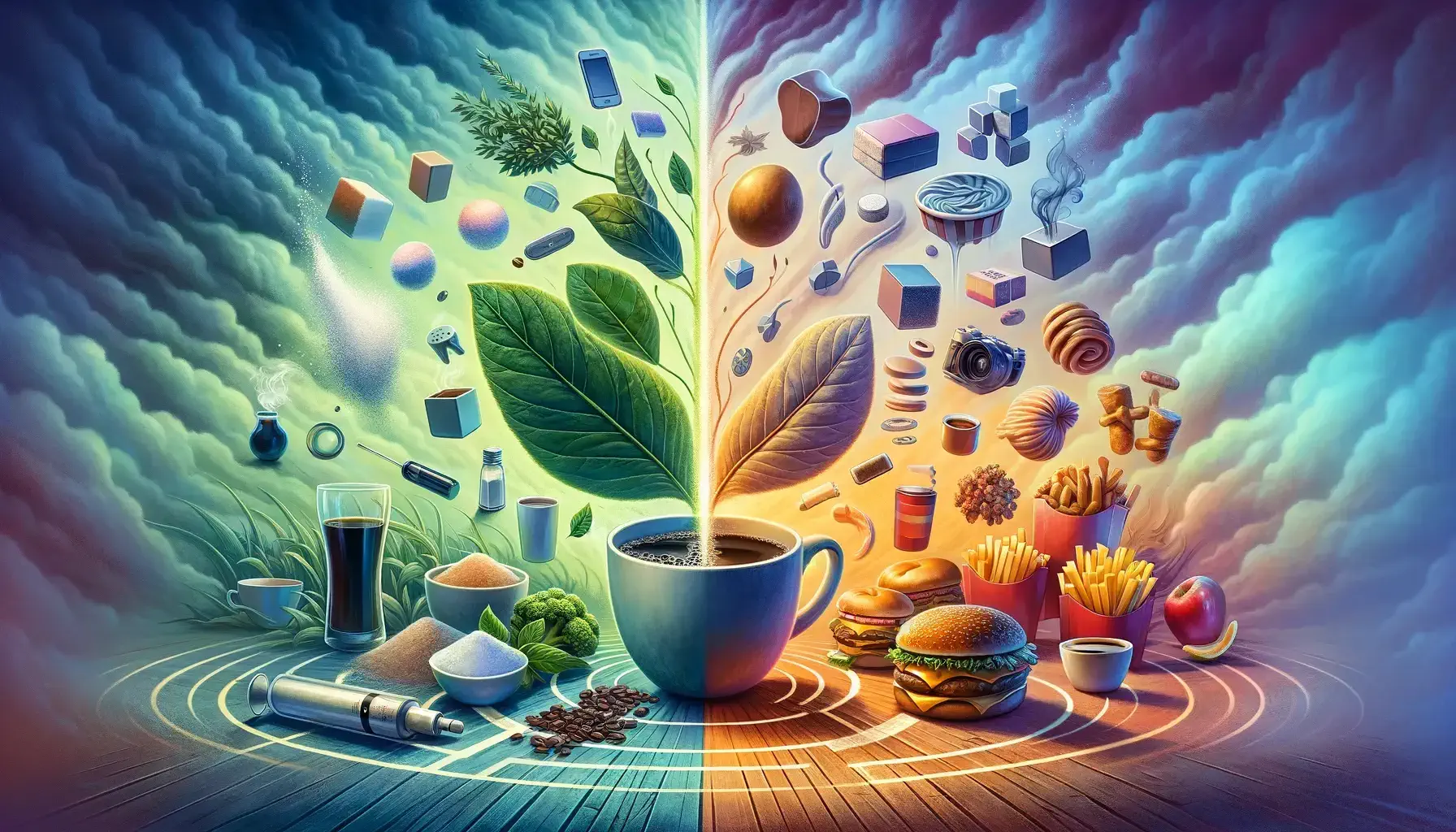Reclaiming Balance: Escaping the Grip of High-Stimulus Living
In this day and age, we are exposed to or have access to so many stimulants in our day-to-day lives. Stimulants can vary in nature, intensity, usefulness, and effects on us. Some have minimal effects, while others can be detrimental or even have lethal consequences. On one end of the spectrum, we have mild stimulants like tea and coffee, while on the other end, we find substances like cocaine, heroin, and other potent drugs with significantly higher intensity and impact.
Historically, humans have tended to indulge in these stimulants, even though they don't fulfill our nutritional requirements for daily living. So why do we use them? Some stimulants are mind-altering and provide temporary relief from pain, worldly issues, problems, and tensions. For example, ecstasy can provide euphoria, alcohol can numb our senses, and drugs like heroin and cocaine can have addictive qualities, leading many people to fall victim to them.
We can also extend the definition of stimulants to include substances like sugar, salt, fast food, and even technologies like social media and video streaming. These high-stimulus products can easily overshadow low-stimulus alternatives. It's human nature to be drawn to high stimulus, and companies are well aware of this fact, often marketing products accordingly.
Parents play a crucial role in shielding their children from excessive exposure to high-stimulus products. However, it can be challenging to exercise self-control in this regard, especially for young individuals who have not yet developed the ability to rationalize the long-term effects of these choices.
To address this issue, one solution is to decrease our "bliss points." By reducing our exposure to high-stimulus foods and technologies, we can reset our thresholds and find satisfaction in more moderate options. For instance, eliminating processed and junk food from our diets can reduce our desire for high-intensity foods and allow us to appreciate the natural taste of organic alternatives. Similarly, cutting down on excessive technology usage, such as social media and constant video streaming, can help us find enjoyment in simpler activities like reading a book or having a conversation with a friend.
The key strategy is to go "cold turkey" for 21 days, completely avoiding high-stimulus products. After this period, you'll likely find that your baseline for stimulation has lowered, and you can enjoy a more balanced and contented life without relying on external stimuli. Awareness is the first step, followed by the 21-day cold turkey period, and finally, living with and maintaining that new baseline.
In conclusion, it's essential to be aware of how high-stimulus products affect our lives and take steps to rebalance and regain control. By reducing our reliance on external stimuli and resetting our thresholds, we can lead healthier, more fulfilling lives.

